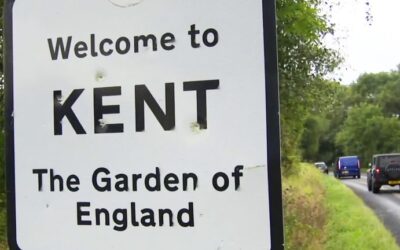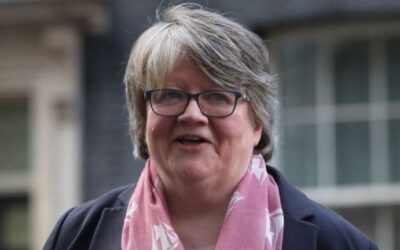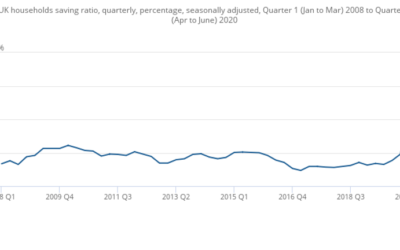Halfords said it has been ramping up supplies of bicycles as “unprecedented demand” extends into the autumn even after the end of the peak summer season.
The retailer, which also sells and fits car parts, was boosted by a surge in demand as many Britons stayed in the UK during the holiday period, with the pandemic restricting foreign travel.
But it said it had continued its strong growth into September – and is now recruiting for hundreds of motoring technician roles both at its stores and auto centres.
Please use Chrome browser for a more accessible video player
£50 vouchers unveiled for cycle repairs
Halfords said it expected to report half-year profits of more than £55m, up from previous guidance of £35-40m – and the new guidance sent shares 20% higher.
The business has benefited from a trend towards staycations and also stands to grow sales for car parts as some motorists shun public transport and use their own vehicles for short journeys.
Advertisement
Halfords said like-for-like sales rose by 22% in the five weeks to 25 September including a 46% increase for cycling products “reflecting the strength of our unique proposition and continual improvement in supply to meet unprecedented levels of demand”.
There was also a 7.5% rise for car products in its stores, as well as an 18% upturn in revenues from its autocentres.
More from Business
“With the substantial growth we have seen in our motoring services business across both retail and autocentres, we have launched a national campaign to recruit hundreds of skilled technicians,” Halfords said.
However it said it remained cautious on the outlook for coming months, with potential impact of rising coronavirus cases, the end to the furlough scheme and Brexit talks “very uncertain”.
Image: Halfords has benefited from people using cars for short journeys as well as cycling
The update comes after Bank of England chief economist Andy Haldane hailed the strength of the UK’s economic recovery – driven by robust consumer spending – while dismissing “Chicken Licken” pessimism about the future.
Russ Mould, investment director at AJ Bell, said: “It turns out that against Halfords’ expectations we are not a nation of fair weather cyclists after all.
“Having recently guided for the sales surge in bikes to wane as we head towards winter the company’s decision to raise guidance now shows it is continuing to see very strong demand.”








